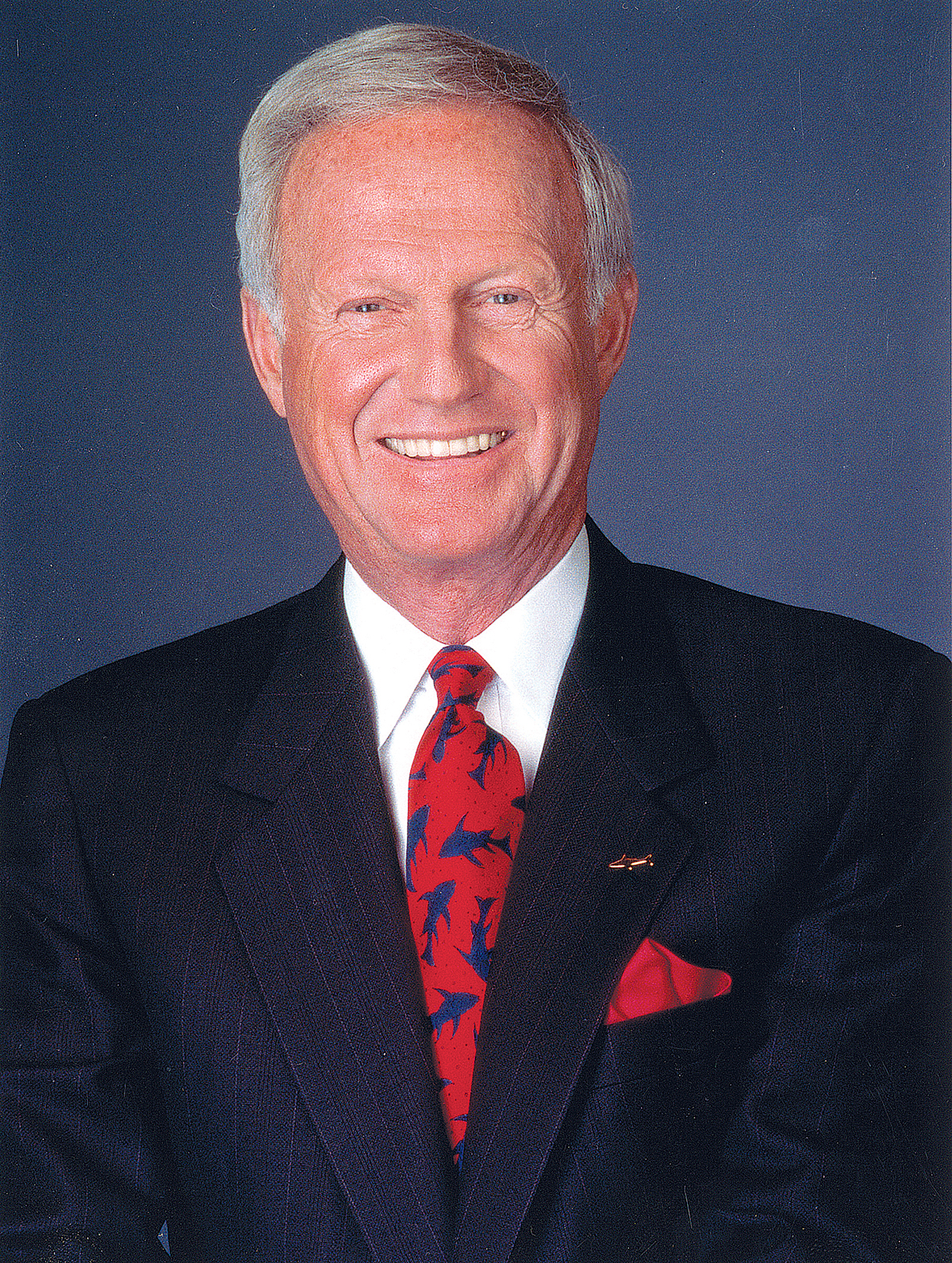As a business owner, you are wrestling with a challenge: whether to scrap an underperforming product you designed and brought to market last year. Maybe if you give it another year, you reason, it will turn the corner. But should you invest the additional time and resources?
Who is best-suited to help you evaluate this situation? Clearly not the competition. Most likely not your employees, nor your accountant or other outside advisers who have no real experience in your role.
One strong option, growing in popularity, is a peer-to-peer advisory group. In many respects, it can be considered the emerging model for business in the 21st century. This model is a blueprint of how shared learning among noncompeting business owners, CEOs, and other senior business executives can yield many benefits – in this case, perhaps, fresh perspectives and new ideas on the product dilemma.
The peer advisory group is built upon a framework of peer-to-peer mentoring and accountability. Groups of 12 to 18 senior executives – usually CEOs as the ultimate “decision-makers” in their organizations, commit to meet regularly in an environment of safety and trust, without conflicts or hidden agendas, to discuss business and life opportunities/challenges – and walk away with well-thought-out and constructive suggestions for moving ahead.
And, like Las Vegas, what happens in the group stays in the group. It’s all totally confidential.
At the core of the peer-group leadership experience is the opportunity to receive wise counsel from leaders in a variety of professions and industries, with a wide range of life experiences. And often, highly regarded speakers are invited to present to the group – thus providing additional thoughts, perspective, and ideas worth adopting for all members of the group.
Some might characterize the peer group model as “tough love” in the business world, with members challenging each other to help the individual find his/her own solution.
Bill Reed, chair of a Vistage group with members from Rhode Island and southeastern Massachusetts, concurs.
“Holding each other accountable is a strong and persuasive strategy,” he said. “In this setting, the business owner is committing to a plan in front of his/her peers – it’s a great motivator to follow through on his/her plan.”
Specific issues relating to the overall economy and commerce, growth and best business practices are addressed within the chief executive peer-group model. Also at the heart of meetings is conversation about becoming a better leader and enhancing one’s life. Participants can reveal to others their life dreams and challenges, and in the process gain greater insight into obstacles in the way, as well as opportunities open to them for achieving their goals.
The peer-group process can produce a fast-track plan of action for business-related issues and talking it out with others often results in the realization that a “problem” wasn’t one at all! Or, in many cases, what was thought to be the problem was, in fact, actually something else entirely. This clarity of thought brings many benefits.
Business executives can find themselves trapped by challenges, or mired in doubt about potentially amazing opportunities, sometimes totally unclear about which direction to turn. In a setting of safety and trust, peers can help unearth reasons that prevent forward movement; this often leads to discovery not only about business but also about how to best benefit from life’s trials and opportunities in general.
Simply stated, peer advisory groups work for those who embrace it as the 21st-century model for how business gets done. •
Phillip C. Thomas is senior vice president/regional executive, Northeast, for CEO development firm Vistage International. He can be reached at Phillip.Thomas@Vistage.com.













